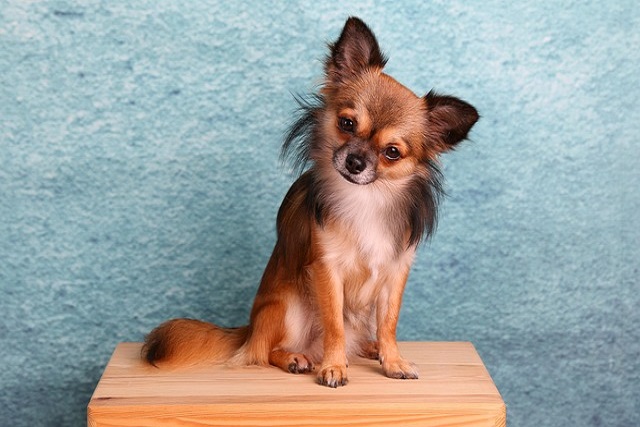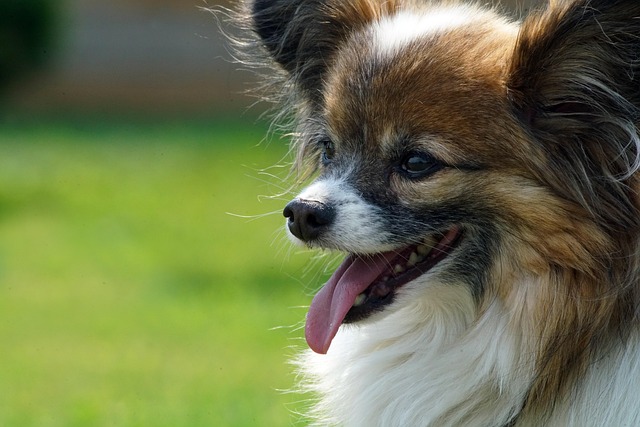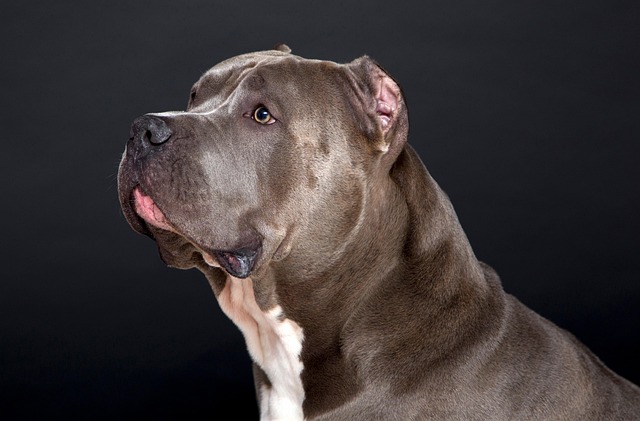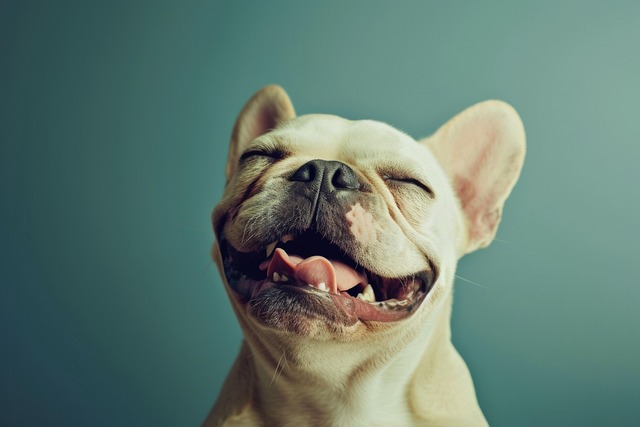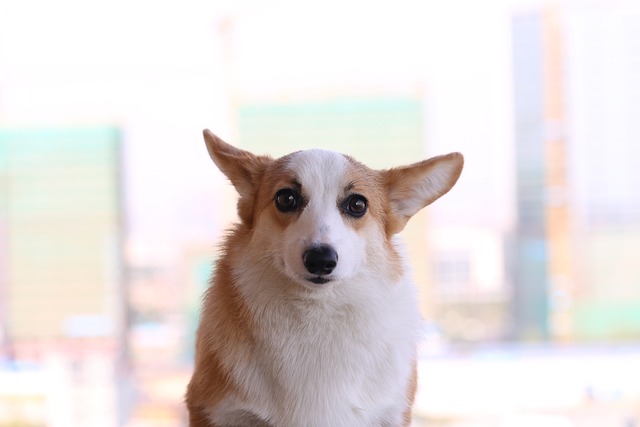When that fluffy, chubby 8 - week - old puppy enters our lives for the first time, it's like a little sun, instantly brightening up our world. The puppy's innocent appearance and lively actions fill our hearts with joy and anticipation. However, this is accompanied by many questions for novice owners. One important question is: how long can an 8 - week - old puppy stay in a crate?
An 8 - week - old puppy, much like a human baby, is in a crucial period of rapid physical and psychological development. Its body functions are not yet fully developed, and it requires sufficient rest and frequent feeding to meet the needs of growth. At the same time, puppies at this stage are full of curiosity about the world, eager to explore the surrounding environment, and desperately need a sense of security and the company of their owners.
From a physiological perspective, the bladder capacity of an 8 - week - old puppy is small, and it can't hold urine for a long time. Generally, it needs to urinate every 1 - 2 hours. This means that the puppy should not stay continuously in the crate for more than 2 hours. If a puppy is left in the crate for a long time without being able to excrete in time, not only will the crate become dirty, but the puppy may also develop unhygienic toileting habits and even develop urinary system problems.
Puppies also have a high sleep requirement and spend most of the day sleeping. Providing a quiet, warm, and comfortable sleeping environment in the crate is of great importance. You can lay a soft mat in the crate and put its favorite small toys in it, so that the puppy can feel at ease even while sleeping. However, even so, the puppy should not be left alone in the crate for a long time while sleeping, as it may wake up scared and lonely.
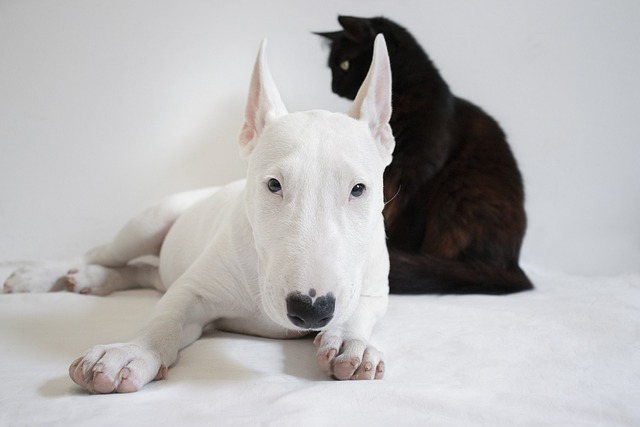 Psychologically, an 8 - week - old puppy is in a critical period of socialization. It needs to interact with the owner and the outside environment to learn how to get along with humans and other animals. Keeping the puppy in the crate for a long time will deprive it of the opportunity to contact the outside world, making it timid, withdrawn, and even causing behavioral problems such as excessive barking and increased aggression.
Psychologically, an 8 - week - old puppy is in a critical period of socialization. It needs to interact with the owner and the outside environment to learn how to get along with humans and other animals. Keeping the puppy in the crate for a long time will deprive it of the opportunity to contact the outside world, making it timid, withdrawn, and even causing behavioral problems such as excessive barking and increased aggression.
When the puppy is in the crate, the owner should try to stay by its side as much as possible, so that it can feel the presence and love of the owner. You can talk to the puppy softly, stroke it gently, and let the puppy gradually get used to the environment in the crate. If the owner needs to leave temporarily, the leaving time should be shortened as much as possible. Before leaving, leave some interesting toys for the puppy to distract its attention.
So, in practice, how should the time an 8 - week - old puppy spends in the crate be arranged? During the day, the puppy's stay in the crate can be controlled for about 1 - 2 hours, and then let it out to move around, play, excrete, and eat. During the puppy's activity period, the owner should always pay attention to its behavior and guide it to develop good living habits. For example, when the puppy wants to excrete, promptly guide it to the designated toilet area.
At night when sleeping, the puppy can spend a relatively long time in the crate, but also pay attention to the location and environment of the crate. The crate should be placed near the owner's bedroom so that the puppy can hear the owner's voice and feel the owner's presence. In this way, the puppy will feel more at ease during sleep and wake up less frequently due to fear.
During the process of training the puppy to get used to the crate, patience and love are essential. Don't force the puppy to enter the crate, and don't punish it when it resists. You can use small snacks, toys, and other rewards to guide the puppy to enter the crate voluntarily. When the puppy behaves quietly and obediently in the crate, promptly give praise and rewards, so that it gradually understands that being in the crate is a pleasant thing.
The time an 8 - week - old puppy spends in the crate needs to be reasonably arranged according to its physiological and psychological needs. As owners, we should understand the puppy's needs with our hearts and accompany it to grow up with love. Every interaction with the puppy and every careful care of its life are the cornerstones of building a deep emotional bond with it. Watching the puppy grow up healthily and happily under our care, we will feel extremely gratified and happy. Let's create a warm, safe, and loving growth environment for the puppy and accompany it through this wonderful childhood.
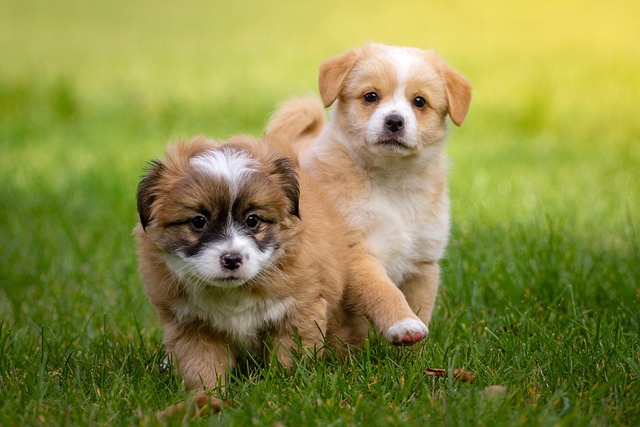
 Psychologically, an 8 - week - old puppy is in a critical period of socialization. It needs to interact with the owner and the outside environment to learn how to get along with humans and other animals. Keeping the puppy in the crate for a long time will deprive it of the opportunity to contact the outside world, making it timid, withdrawn, and even causing behavioral problems such as excessive barking and increased aggression.
Psychologically, an 8 - week - old puppy is in a critical period of socialization. It needs to interact with the owner and the outside environment to learn how to get along with humans and other animals. Keeping the puppy in the crate for a long time will deprive it of the opportunity to contact the outside world, making it timid, withdrawn, and even causing behavioral problems such as excessive barking and increased aggression.